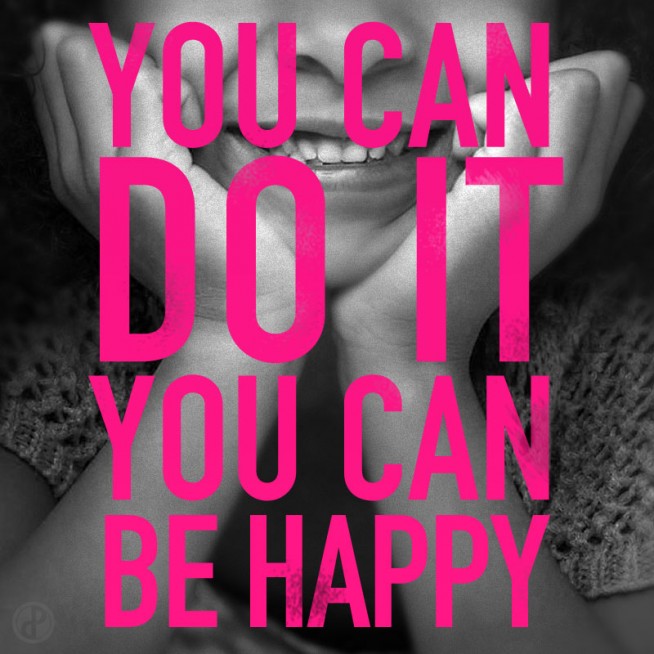Ten years ago, a scrawny, dirty, scared little girl came to live with me through a foster care agency. While I had some immediate concerns—such as, how am I, a white woman, going to deal with this little Black girl’s hair? (Heck, I don’t even know how to do my own hair!)—I soon realized there were much larger issues we were to confront together. During our first two months together, she did not make a sound—not a cough, a sneeze, not even a babble. I would press my body close to hers to hear her breath, feel her heart to be sure she was alive.
The county gave me no information about her background, but with a little research, I discovered she had been removed from her birth mother in the hospital—addicted to crack and PCP. She was then placed in a foster home where she experienced unimaginable obstacles. She was not fed on a regular basis, was routinely beaten, and left in hot showers for hours at a time. She was finally removed from this home when her fellow foster brother was killed in front of her. From that home, she spent time in a group home and then she came to me. Together, we were both bewildered, scared, and in shock.
One afternoon, after months of our stumbling through our daily routines, I put on a Lena Horne CD. After a song, while staring at the wall, she said, “play again.” From then on she spoke in complete sentences and I quickly nicknamed her “Lena.”
Six years after I fostered and adopted her, I married a calm, keenly insightful, kind man. A great observer, he matter of factly stated to me one day, “Her biggest issue is self esteem. If we can tackle that, we can tackle anything.”
Outside, looking in on our relationship, one would think that the past ten years have been fairly easy. She is a very smart, very talented girl. She is quick to laugh, always ready for a game, and is strikingly beautiful. The truth is, we have never had an easy day. Questions of self worth surface regularly (“I am garbage, even my own mother threw me away”). In-utero drug addiction results in attention issues. I remember asking the doctor, “why can’t she just hang up her wet towel?” “Too distracted,” was his quick reply. Abuse results in high anxiety. From her first doctor visit to countless more, I was encouraged to medicate her. I resisted. Not only was I instinctually against it, I felt to drug her was to infringe on her right to make this decision. It was not mine to make.
We drove her to countless therapy sessions, sat in the car during endless dance classes and numerous acupuncture sessions, attempting to tackle her challenges from every angle except drugs.
She participated in group therapy for kids a lot like her. Out of seven, two are in long-term mental care facilities, two are addicted to drugs and two have been sexually active since age twelve. One committed suicide. Lena is graduating from middle school soon. She is not the best student or athlete but I think she may be the smartest and the strongest in her class. One evening, sitting on her bed, I asked about the other kids from her adoption group and why she thinks she turned out differently.
“Mom, don’t you know? Every night, dad has come into my room and whispered to me, ‘You can do it, you can be happy.’ One day, I decided to believe him.”
Rebecca Constantino is the founder and Executive Director of the not-for-profit Access Books. Rebecca holds a Ph.D. in Language, Literacy, and Learning. She has published over 100 articles and a book in the areas of literacy development, equity in education, urban school and cultural perspectives of language acquisition. Having lived and worked in numerous countries, she has been involved in language and literacy development programs in Russia, South Africa, and Eastern Europe. Currently, she teaches Language Acquisition and Reading courses at the University of California, Irvine. Her favorite chidren’s book is Caps for Sale. She reads it almost daily with two of her three children.
Access Books provides quality, high-interest books to Southern California’s most impoverished school libraries. Many students at the schools they serve simply do not have anything to read. They are changing that one library at a time. For more information, and to find out ways to help, please visit their website.












